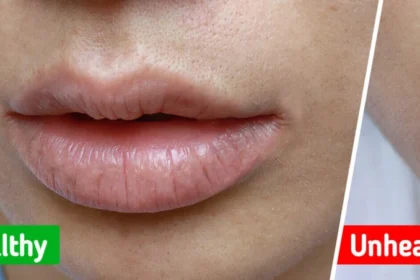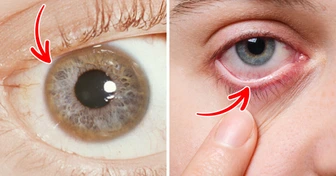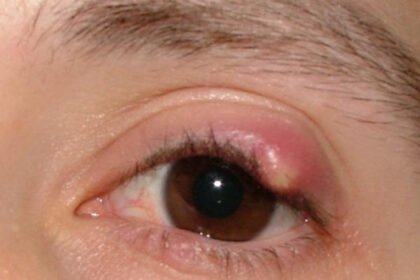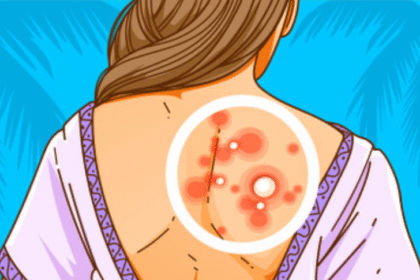Parasites might sound like a distant hazard, but the truth is: they can show up in your everyday life, even if you haven’t left your home. These uninvited guests can affect your body in subtle and often confusing ways—making their presence hard to detect. While it’s easy to panic when reading about symptoms online, this article is designed to give you clear, level-headed information.
We’ll walk through some overlooked signs, explain what’s going on in your body, and help you understand when it’s time to seek professional help—no guesswork, no alarm bells, just real insight. CONTENT IS PROVIDED FOR INFORMATIONAL PURPOSES ONLY AND IS NOT INTENDED AS A SUBSTITUTE FOR MEDICAL ADVICE. SEEK GUIDANCE FROM YOUR DOCTOR REGARDING YOUR HEALTH AND MEDICAL CONDITIONS.
1.
Grinding your teeth at night
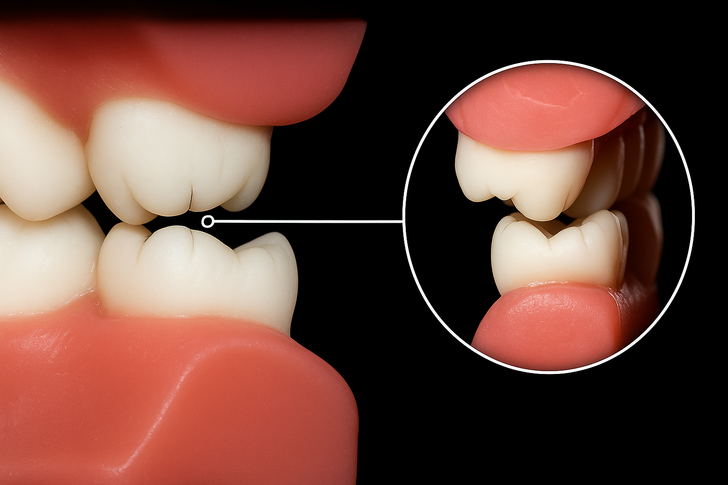
Though more research is still needed, some practitioners observe that parasitic infections may be linked to teeth grinding—especially in children. While this is often due to stress, when paired with other symptoms, it’s worth looking into. 🩺 Why it happens: While researchers haven’t nailed down a cause-and-effect link just yet, the overlap is hard to ignore.
Experts in both dentistry and gastroenterology are leaning toward one theory—intestinal worms might be messing with the brain through the vagus nerve, which links the gut and the mind. The result? The brain may be sounding an alarm through an unusual symptom: bruxism.
2. Persistent digestive issues that don’t add up.
You’ve tried removing dairy, cutting out gluten, and experimenting with probiotics—yet your stomach still feels off. Well, some parasites can cause bloating, gas, diarrhea, or constipation that mimics irritable bowel syndrome.
🩺 Why it happens: Parasites irritate the lining of your gut, interfere with digestion, and may disrupt your microbiome—the “good bacteria” essential for balanced gut health.
3. Unexplained fatigue that doesn’t improve with sleep.

If you’re constantly drained despite getting enough rest, a parasitic infection could be silently sapping your energy.
Some parasites feed on your body’s nutrients, leading to deficiencies and, over time, anemia-like symptoms. 🩺 Why it happens: Your body works overtime to fight the infection, and with less access to nutrients, it becomes harder to stay energized. 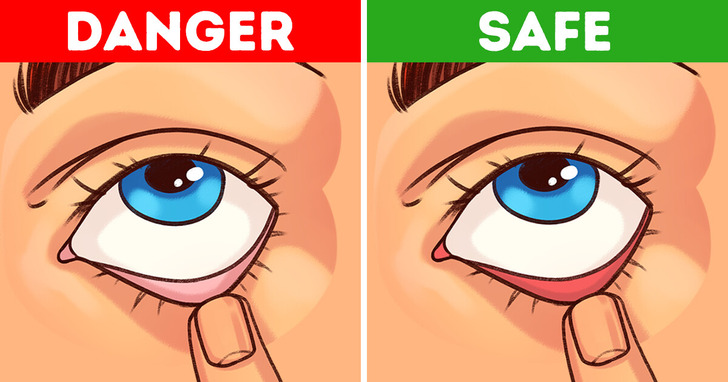
However, if you notice paleness in your skin or the inner lining of your eyes, it may signal real anemia.
For example, tapeworms can absorb vitamin B12 from your body, which is vital for red blood cell production.
4. Unexpected weight loss (or weight gain)
It seems that losing weight without changing a diet is possible for some people.
Not sure if you are going to like the method, though. The others happen to gain weight due to cravings triggered by parasite-induced imbalances. These changes are often subtle and build up over time.
🩺 Why it happens: Some parasites consume your nutrients directly, while others may affect insulin regulation, hunger hormones, or inflammation—all of which can influence weight.
5. Skin irritations and rashes with no clear trigger

Itchy skin, hives, or eczema-like patches that flare up without warning?
Parasitic infections can prompt inflammatory reactions in the skin, even if the parasite is in your gut. This is especially true with parasites that disrupt the immune system, leading to allergic-type responses. 🩺 Why it happens: Your body produces antibodies to fight parasites, which can trigger skin flare-ups—similar to how it responds to allergens.
6. Joint and muscle pain without injury
Parasitic infections can sometimes lead to stiff joints or muscular pain that isn’t explained by physical activity or autoimmune conditions. 🩺 Why it happens: This happens more frequently with parasites that move beyond the digestive tract.
They can invade muscle tissue, joints, and bones, leading to inflammation and pain.
7. Mood swings, anxiety, or brain fog
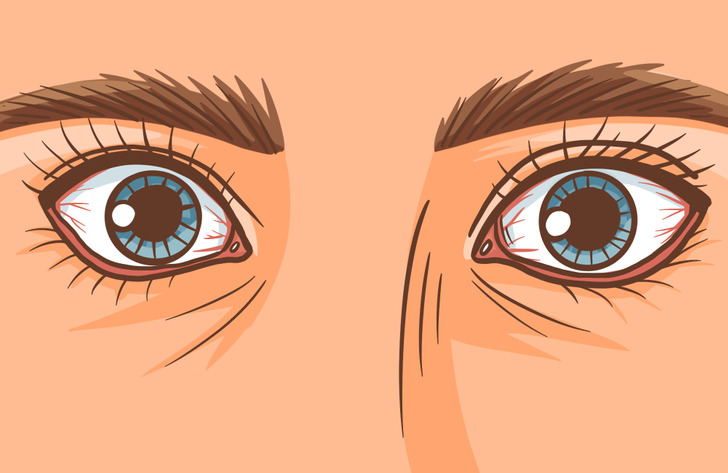
If you’ve ever felt “off” mentally—foggy thinking, irritability, or a dip in mood—it might not just be stress.
The gut and brain are closely connected via the gut-brain axis. That’s why parasites that disrupt your microbiome can influence your mental health as well. 🩺 Why it happens: A disturbed gut can lead to reduced production of serotonin (a key mood-regulating hormone) and create low-grade inflammation that affects your nervous system.
The story doesn’t end here — it continues on the next page. Tap READ MORE to discover the rest 🔎👇









